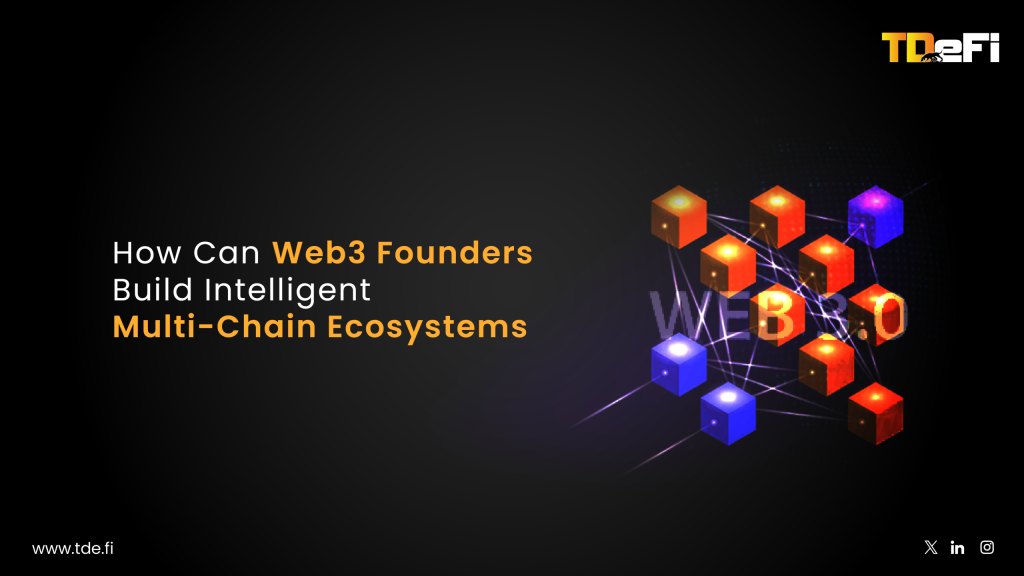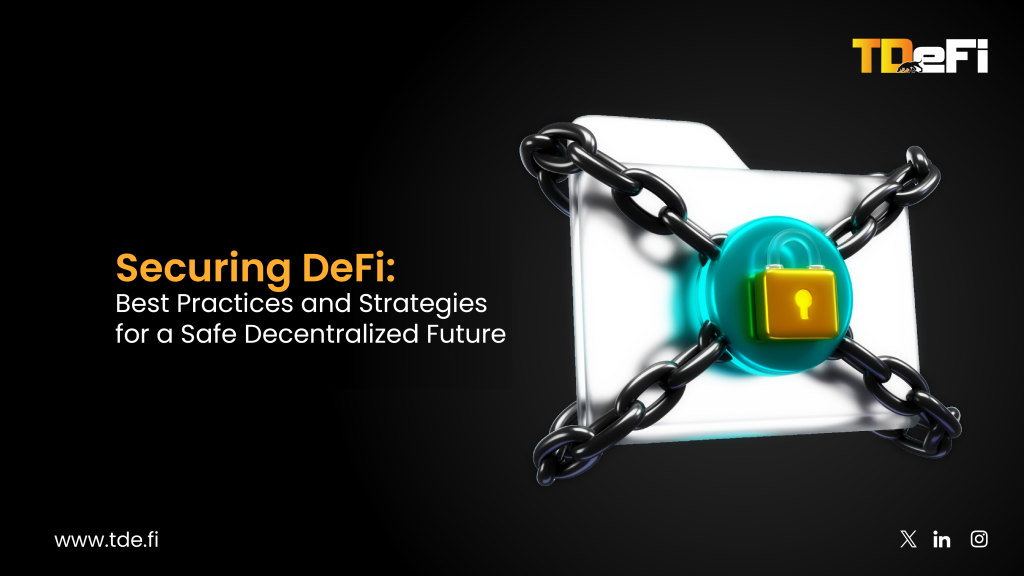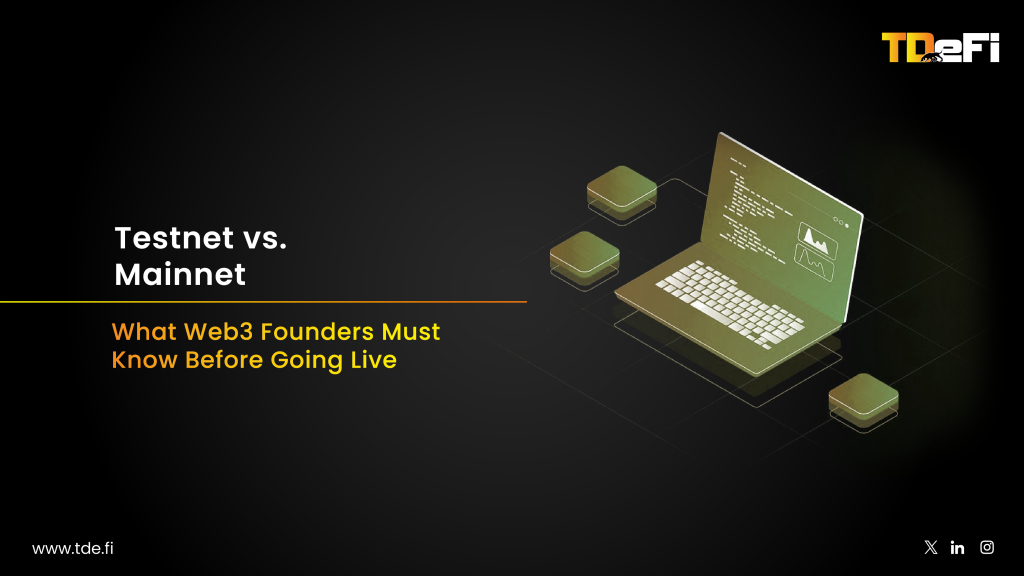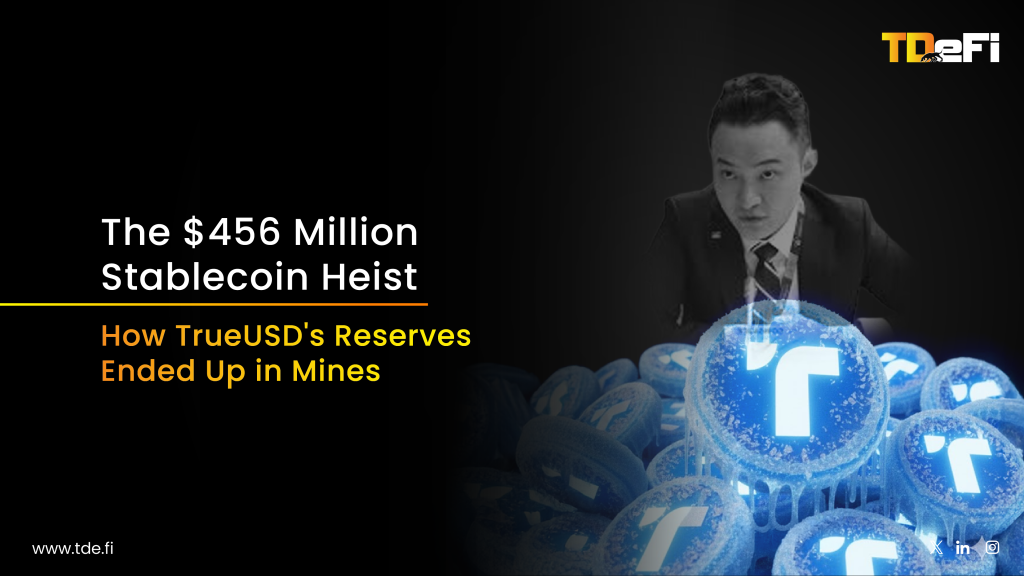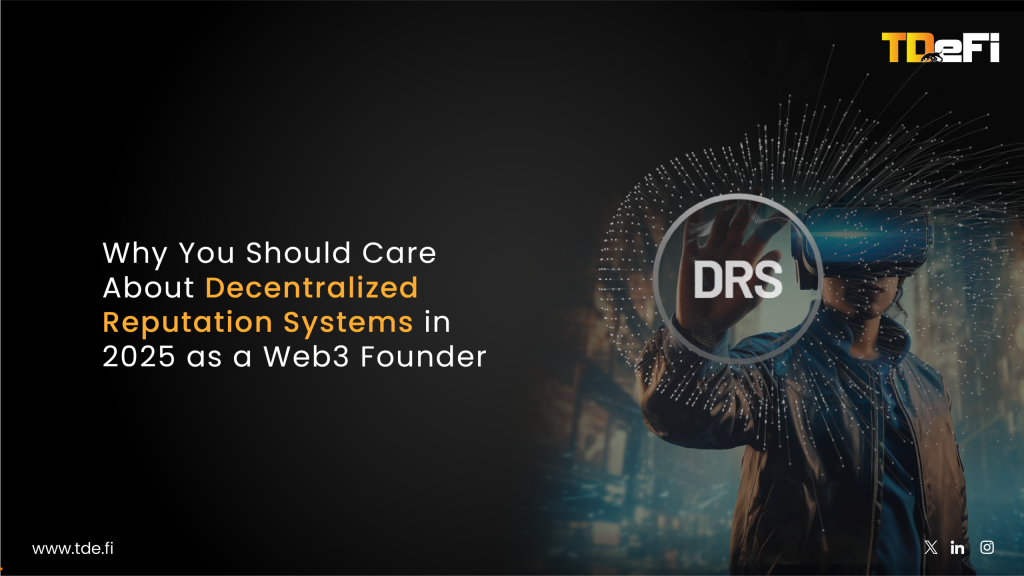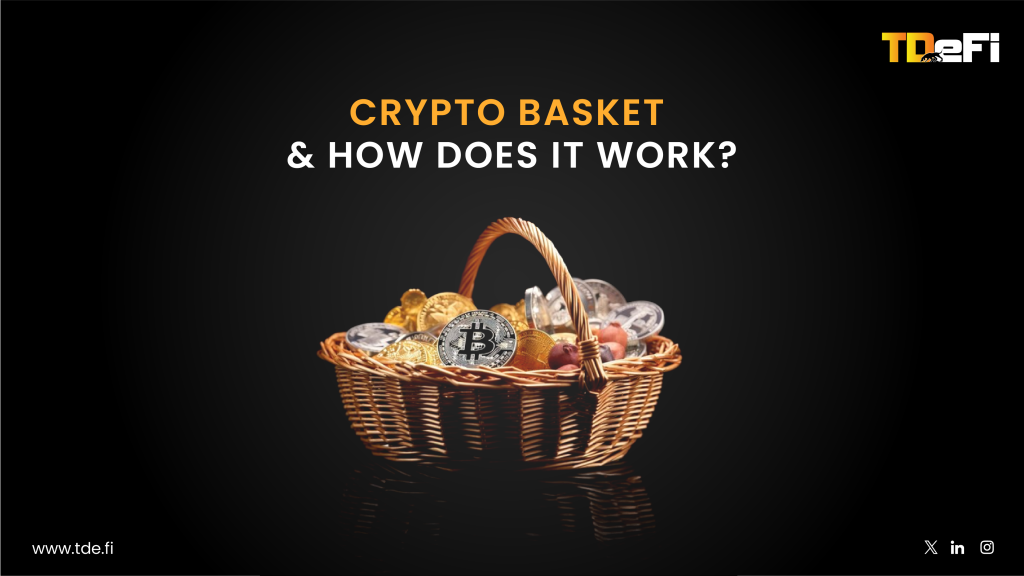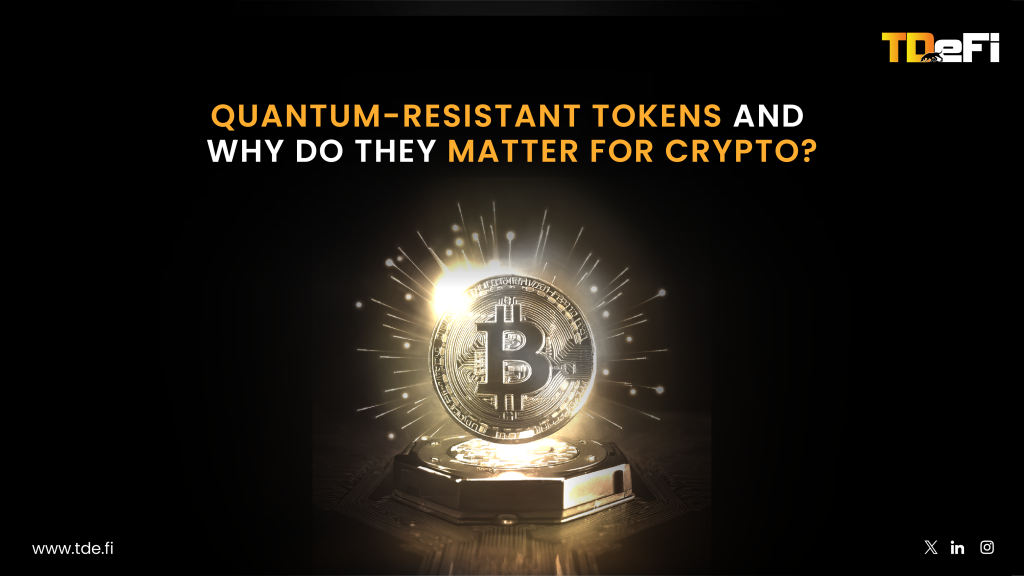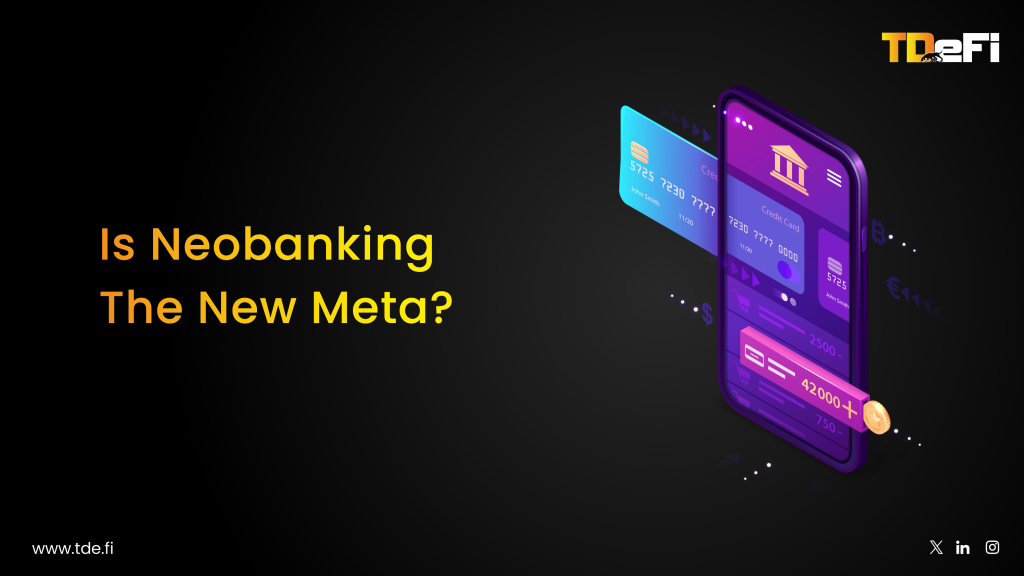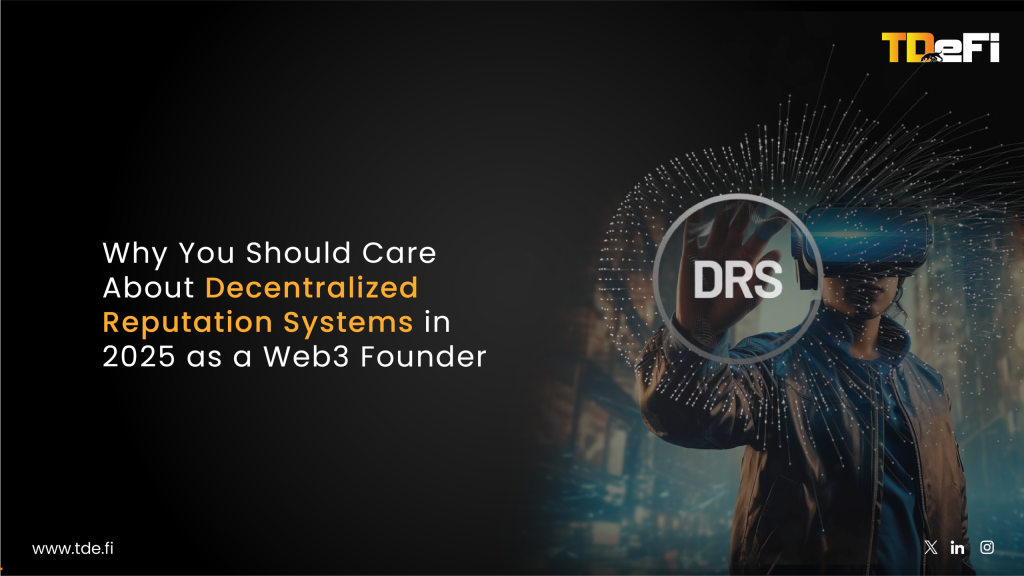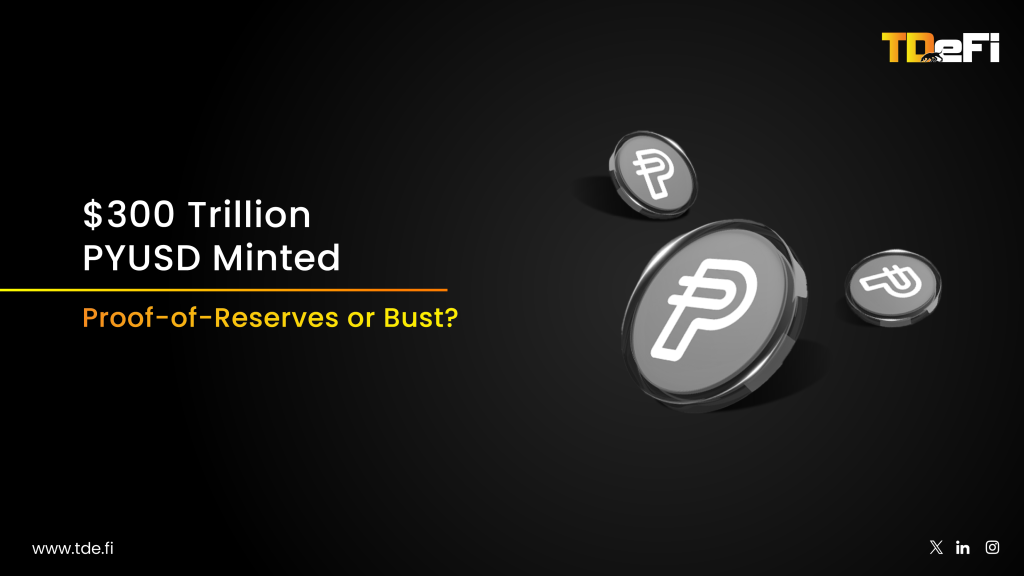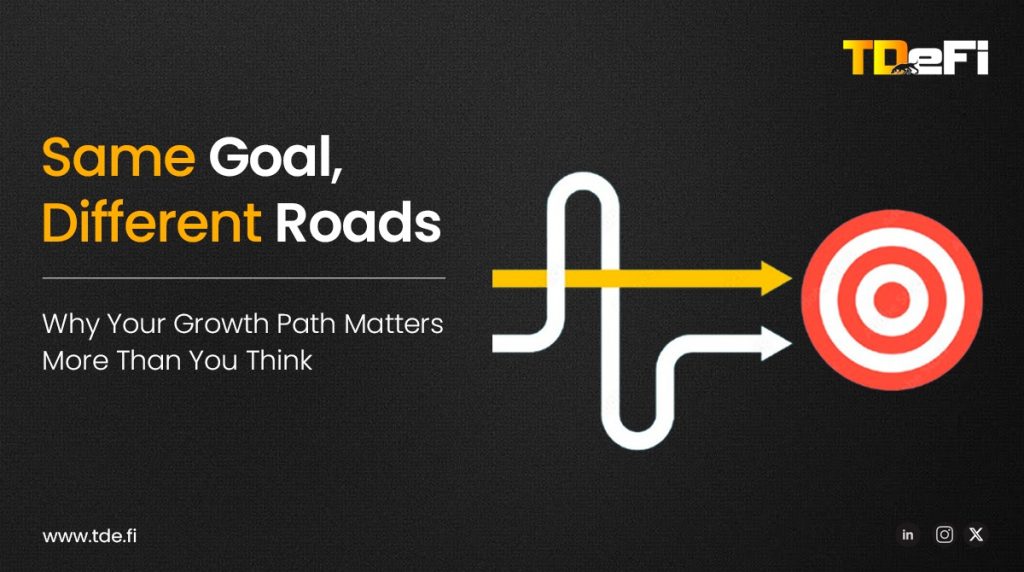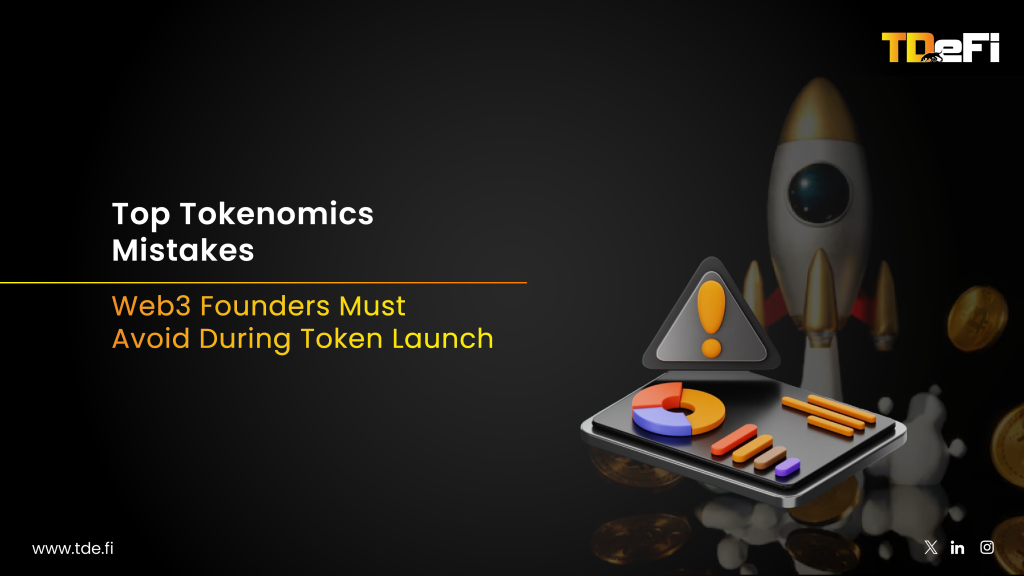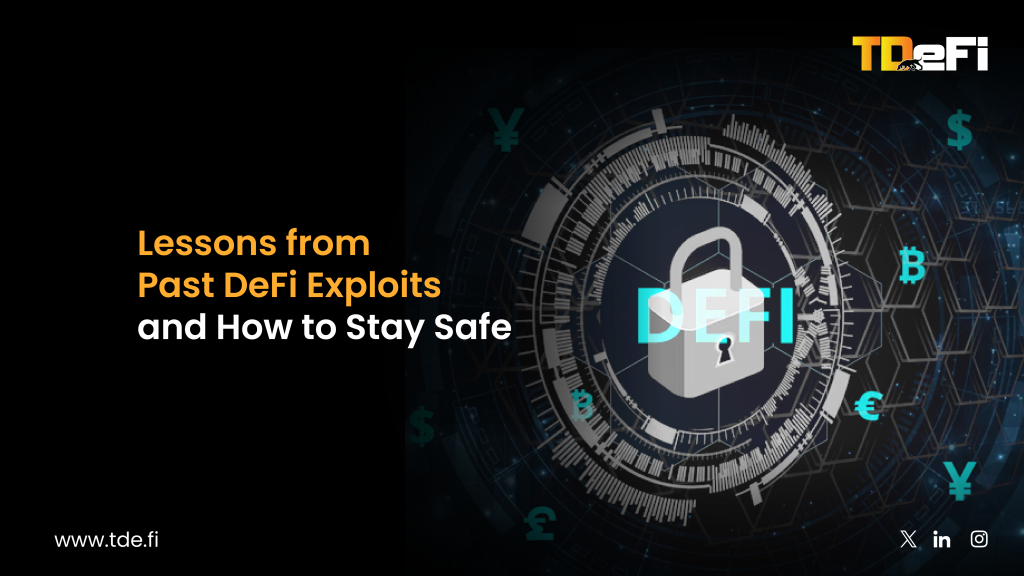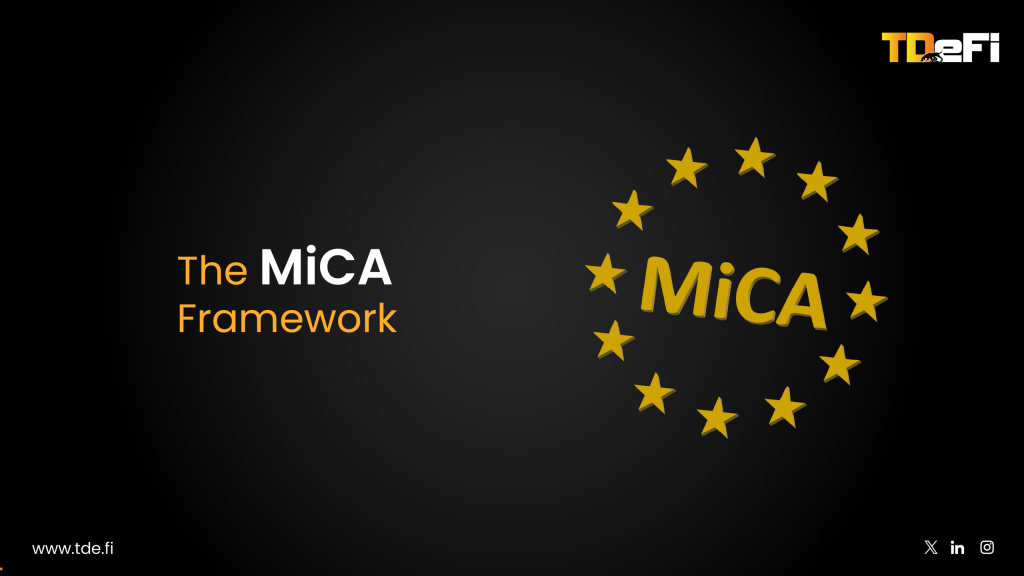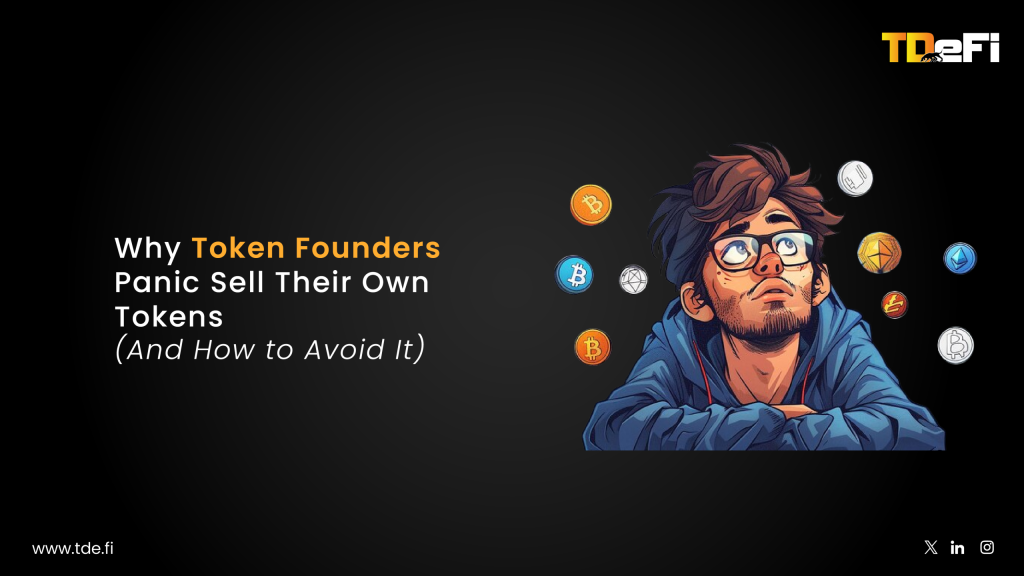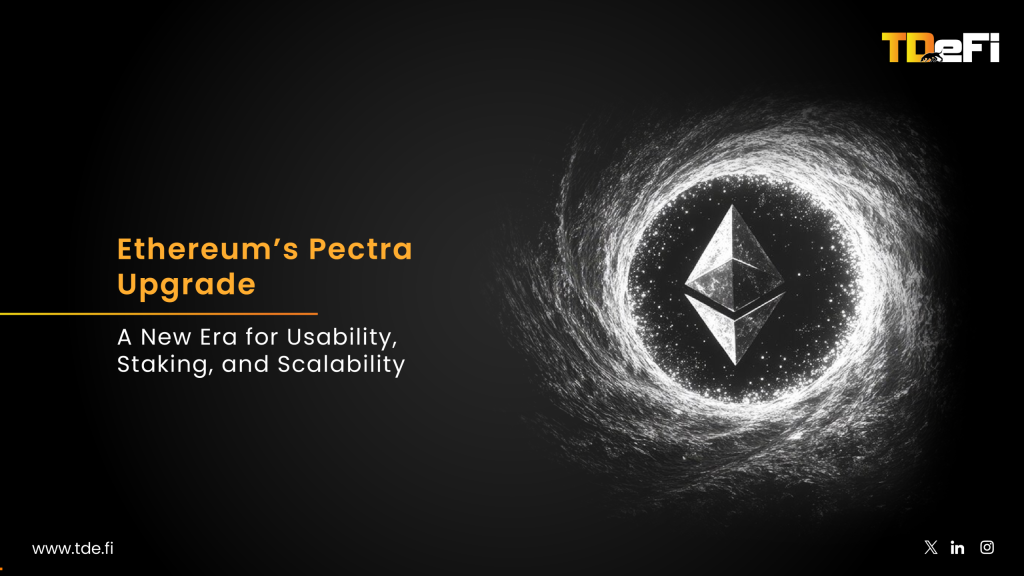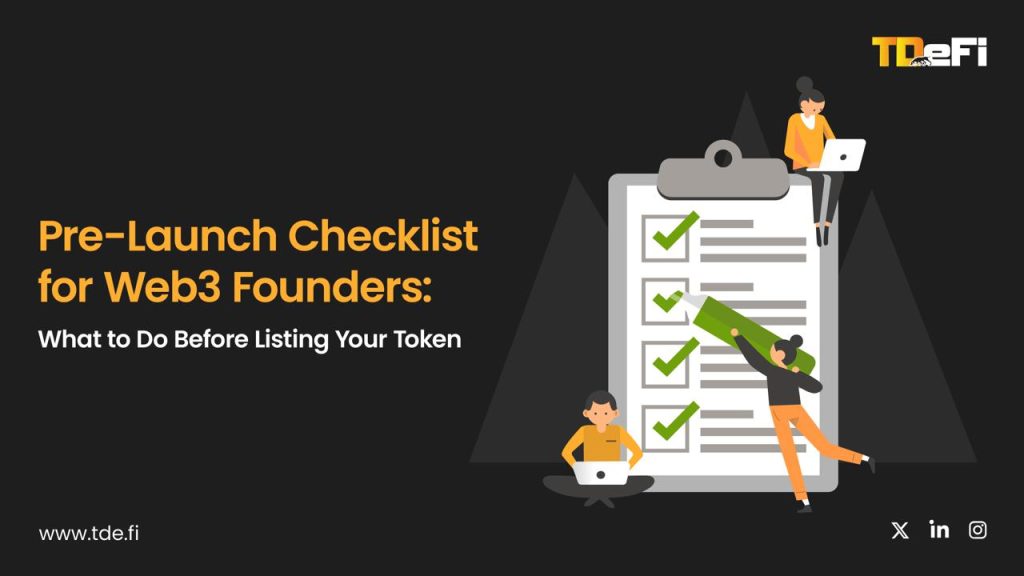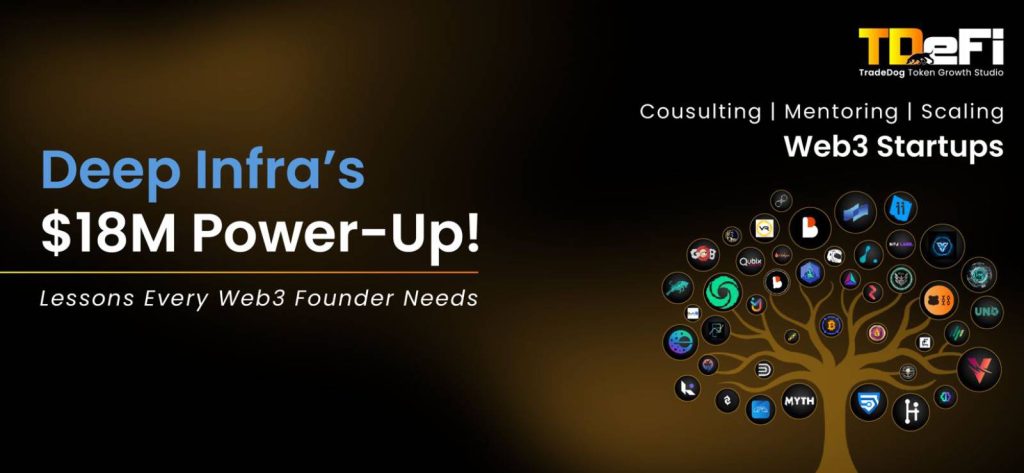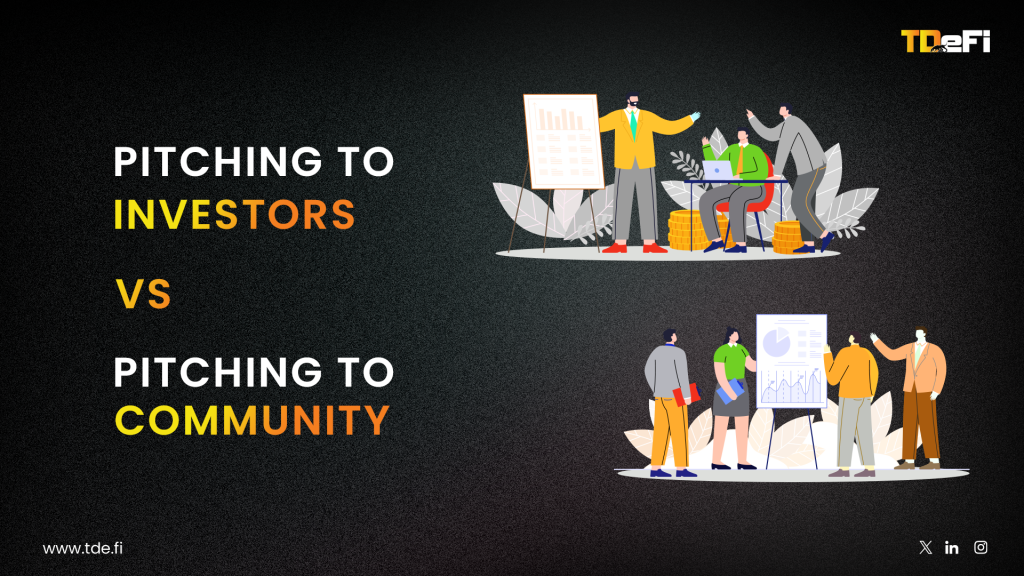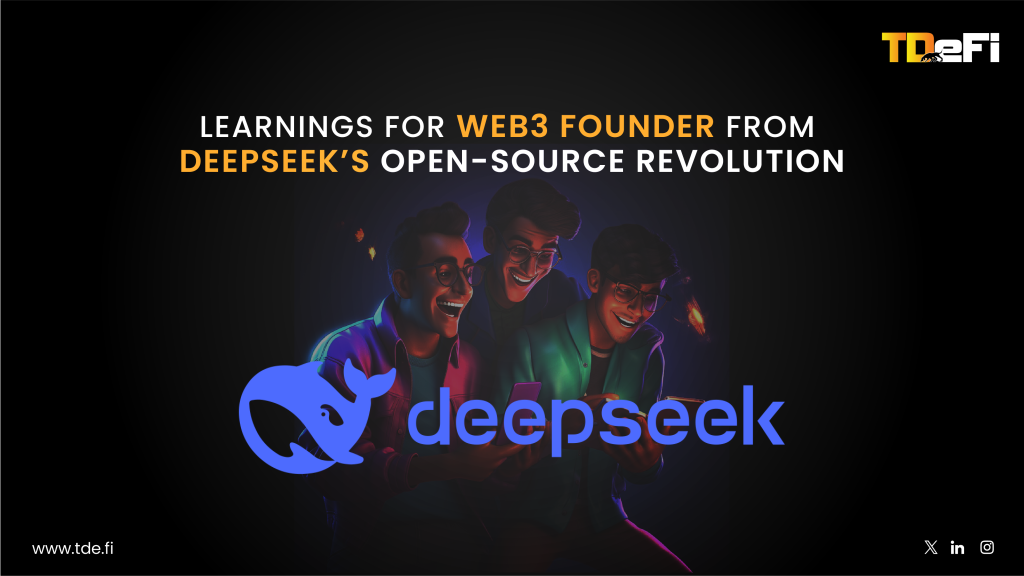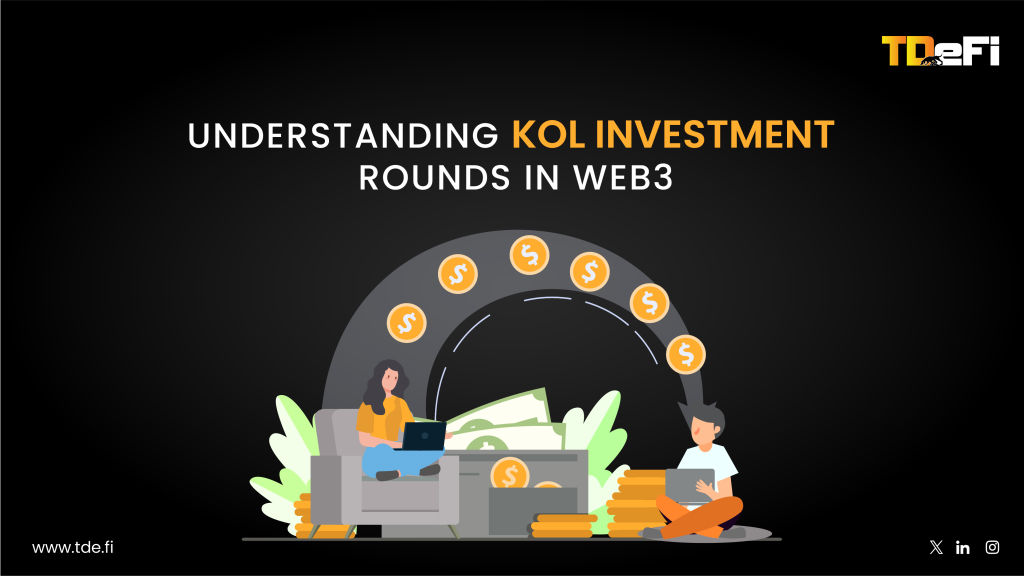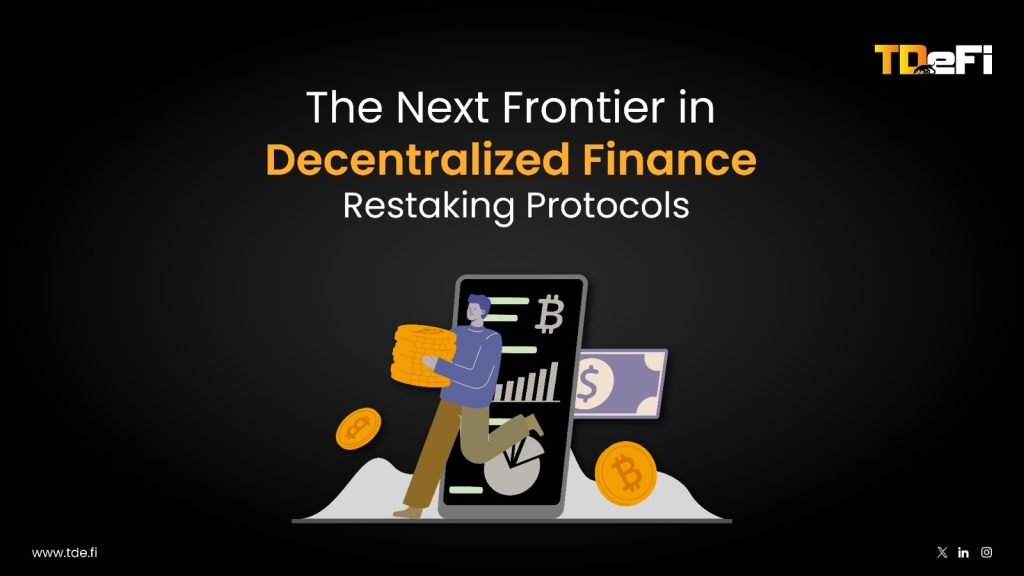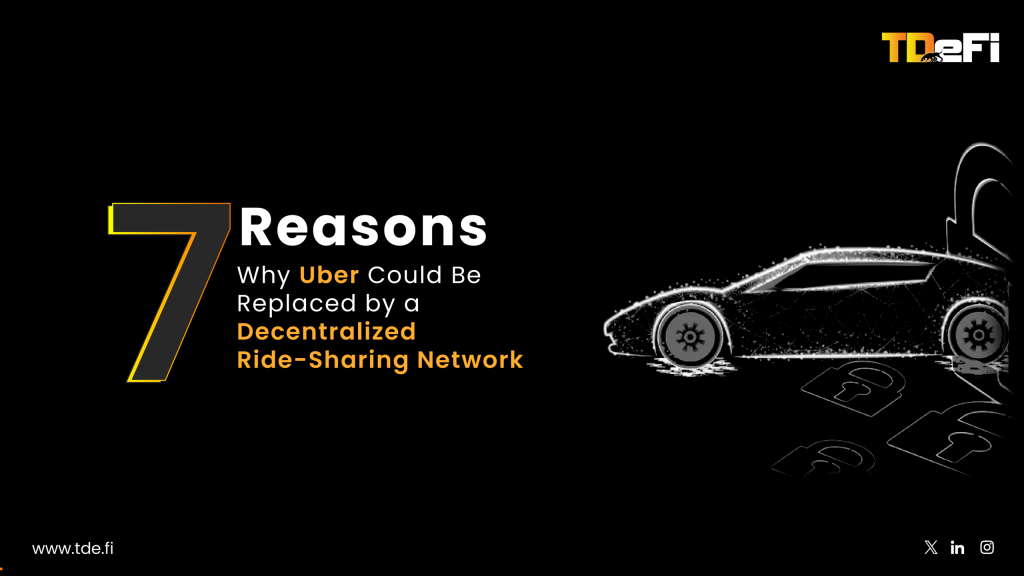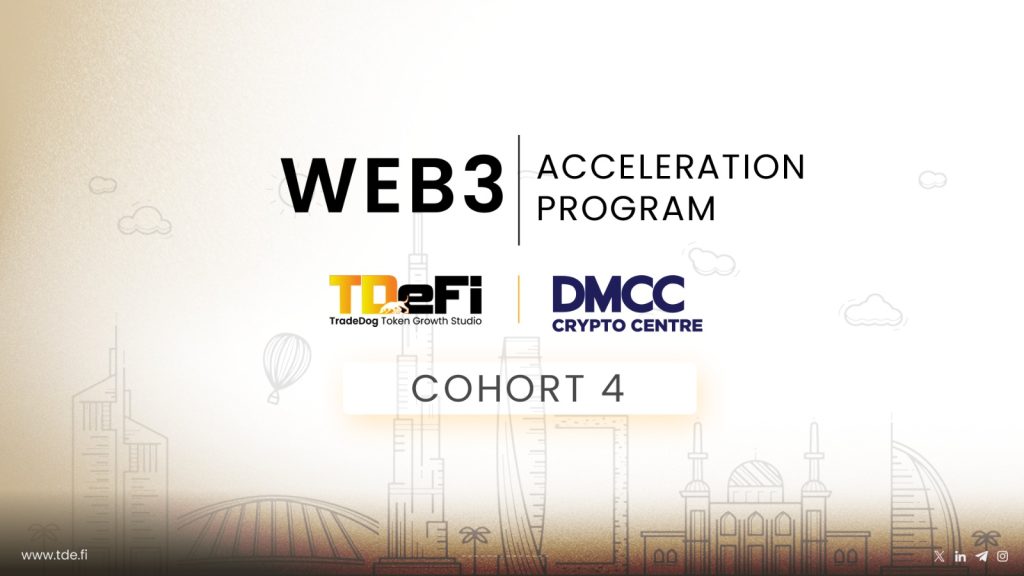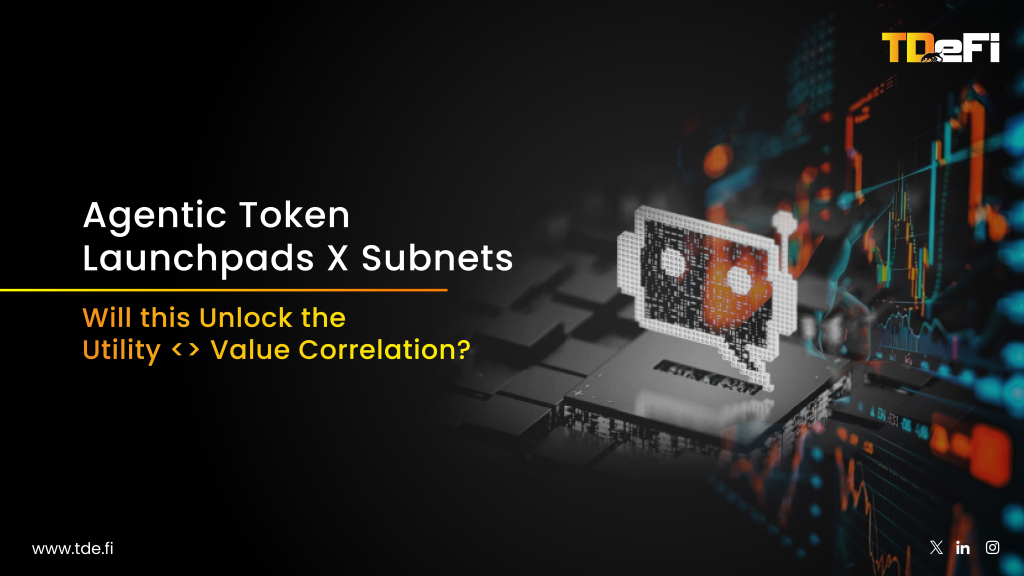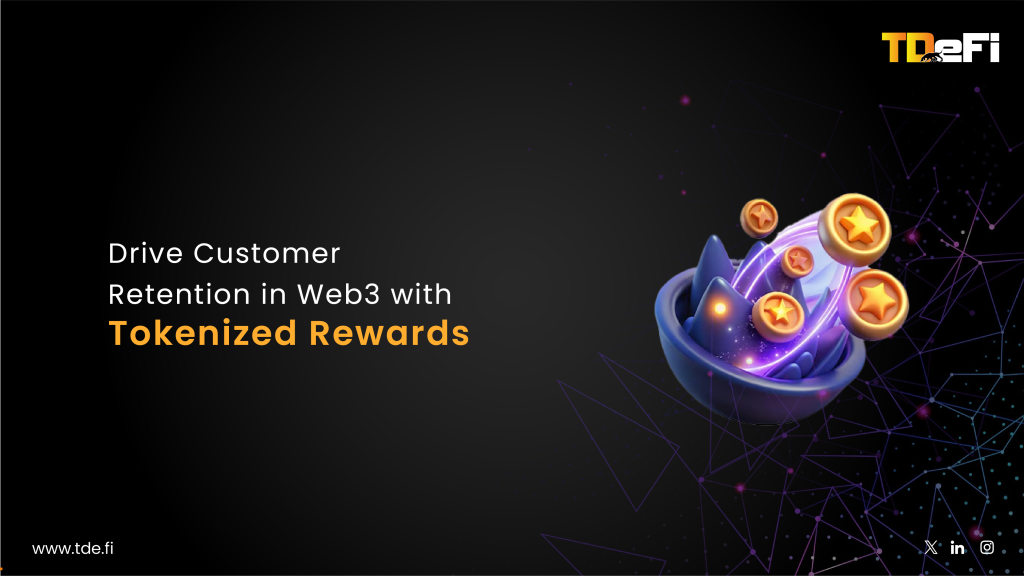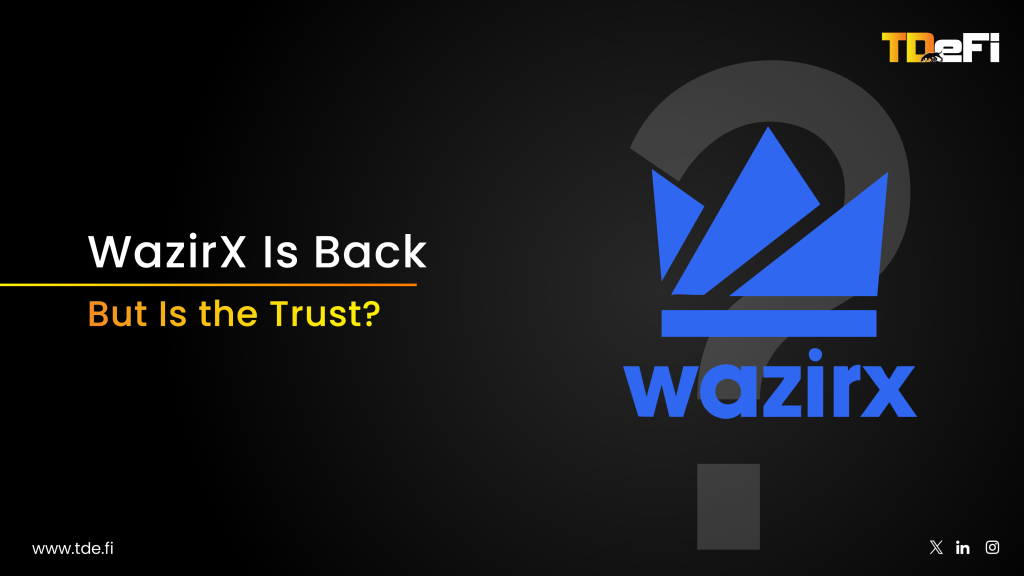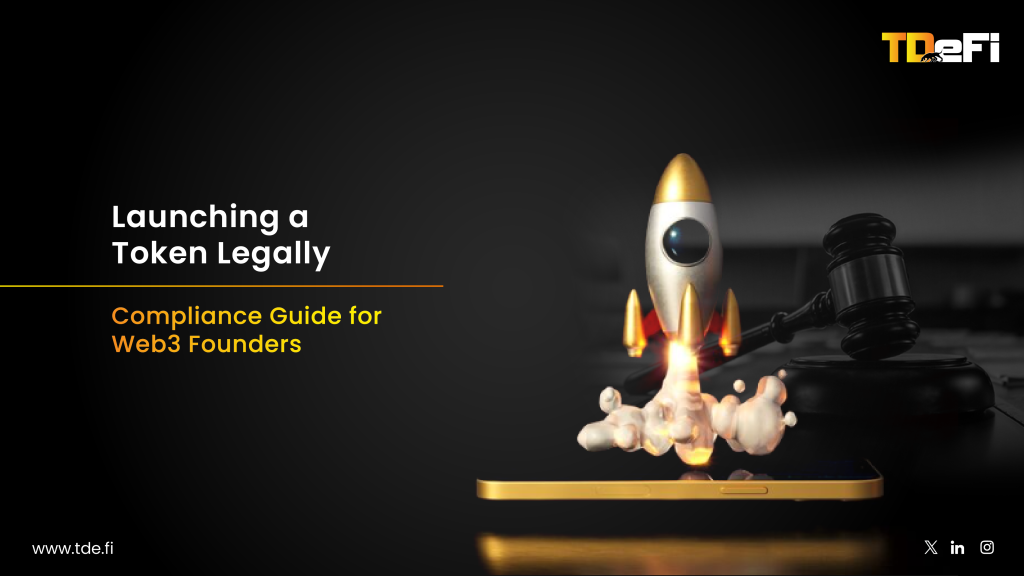Zero-knowledge proofs are one of the most exciting innovations in cryptography, providing a way for one party to prove to another that they know something without revealing that something is something really awesome!
ZKPs have evolved significantly since their inception in the 1980s. In this article we are going to understand how zk actually works and how far we have progressed to solve the issues that are hindering the process of zkp implementation.
What are Zero-Knowledge Proofs (ZKPs)?
In simple terms, ZKPs are a cryptographic method that allows a prover to convince a verifier that they know a piece of information without revealing the information itself. This ability to prove knowledge without disclosure comes from the complex mathematical principles & theory.
There are two types of zero-knowledge proofs commonly used in blockchain technology:
- zk-SNARKs (Zero-Knowledge Succinct Non-Interactive Arguments of Knowledge): These are succinct proofs that can be verified quickly and without interaction between the prover and the verifier. They require a trusted setup but offer significant efficiency in terms of proof size and verification speed.
- zk-STARKs (Zero-Knowledge Scalable Transparent Arguments of Knowledge): These do not require a trusted setup and offer better scalability and transparency, although they are generally less succinct than zk-SNARKs.
Since their introduction, ZKPs have seen a growing application in blockchain networks, particularly in improving scalability and privacy. They are the backbone of technologies like zk-rollups, which allow blockchain networks to scale efficiently while maintaining decentralisation.
ZK Virtual Machines (zkVMs) – Making Zero-Knowledge More Accessible
A major development in the zero-knowledge space is the advent of zkVMs (Zero-Knowledge Virtual Machines). These are specialized platforms that allow developers to build decentralized applications (dApps) without interacting with the complex mathematical models and can perform computations privately and verifiably using zero-knowledge proofs. Essentially, zkVMs enable the execution of smart contracts while keeping the data involved confidential.
For example:
- Aleo has created its own zkVM, allowing developers to write privacy-preserving applications without deep cryptographic expertise.
- zkSync is another project incorporating zkVM technology to enhance scalability on Ethereum by enabling the execution of smart contracts off-chain while providing succinct proofs on-chain.
These platforms provide a layer of abstraction that simplifies the development of ZKP-powered applications, enabling mass adoption without requiring developers to delve into the complexities of cryptographic algorithms. As these zkVMs evolve, they will make it easier for businesses to leverage ZKPs for real-world applications like privacy-enhanced finance, secure identity verification, and private data sharing.
How Zero-Knowledge Proofs are Shaping the Future
Be, it scalability, transparency, speed and trust, ZK proofs are going to improve all of these
Some Examples
- Semaphore Protocol: A ZKP-based protocol for anonymous messaging and transactions.
- Rarimo (QR Code Authentication): A solution using ZKPs for secure QR code authentication, ensuring privacy while verifying identity.
- Circularise (Product Origins & Confidential Business Information): ZKPs protect sensitive business information and product origins while ensuring transparency in supply chains.
These developments point to a future where ZKPs will become integral to privacy-enhanced, scalable decentralised applications. Think of a system where you can directly login into a website without typing their passwords into it.
Challenges Faced By Zero-Knowledge Proofs
Implementation Complexity
This challenge focuses on the specialized cryptographic expertise required for the successful implementation of Zero-Knowledge Proofs. Given their sophisticated nature, proper execution demands a deep understanding of cryptography.
Proof Compression
This challenge discusses the trade-offs involved in reducing the size of proof without compromising the security of the system. Efficient proof compression techniques must ensure that the reduced size does not weaken the integrity of the proof.
Performance and Scalability
Zero-Knowledge Proofs require significant computational resources, making scalability a concern. The challenge lies in addressing the computational intensity and the time constraints involved in processing ZKPs, especially in large-scale applications.
Network Requirements
In the context of blockchain networks, Zero-Knowledge Proofs must be evaluated with respect to the privacy requirements of the system. This challenge highlights the importance of ensuring that network protocols maintain privacy without introducing vulnerabilities.
Closing Thoughts
What blockchains excel at are things like censorship resistance and transparency. This comes at the cost of a lack of privacy and scalability, something that ZKPs excel at. In this sense, they are a natural fit. Couple that with the blockchain community’s appetite for advanced cryptography, and it is no wonder a lot of the innovation is happening at the intersection between blockchain and ZKPs
To put it into perspective, if the world’s financial system suddenly shifted to Ethereum, you’d be able to see everyone’s salaries, who they’re paying, and even who they’re interacting with. This includes sensitive transactions, like remittances to families in sanctioned countries or payments for medical treatments.
In a world where privacy matters, this is a massive problem. It’s like having all your transactions — not just the fun, casual ones, but your more personal or private payments — laid bare for the world to see.
This is why privacy solutions, like Zero Knowledge Proofs (ZKPs), are becoming essential — they allow transactions to happen securely and privately, without revealing any sensitive information. Privacy isn’t just a luxury; it’s becoming a necessity.


